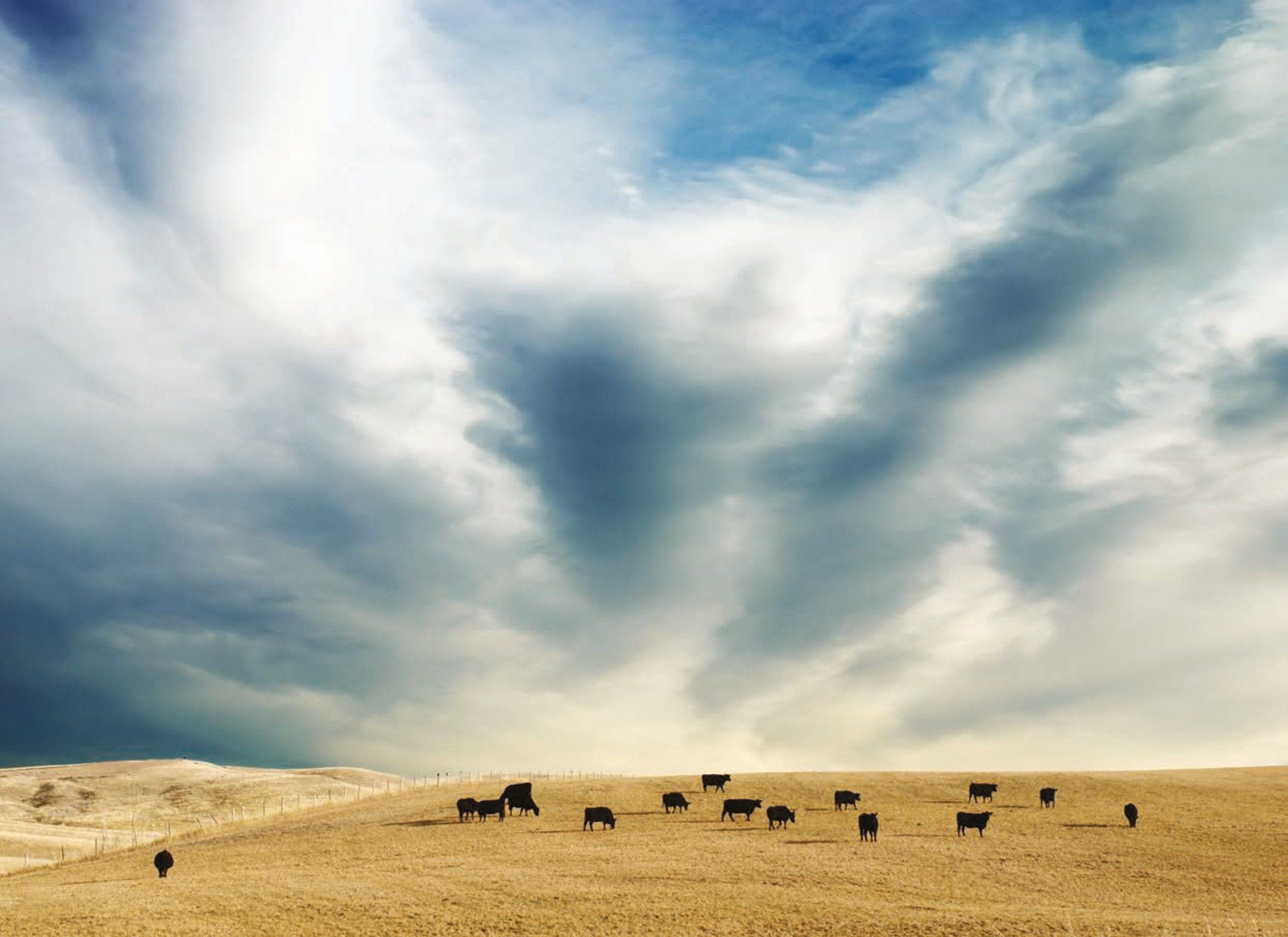Agricultural policy in the United Kingdom is devolved to the governments of Scotland, Wales and Northern Ireland. The UK Government has responsibility for England’s agricultural policy.
In England, the Agriculture Act (2020) gave the government power to pay farmers for environmental improvements such as reducing carbon emissions. The government set out its plans for agricultural transition in late 2020 (Department for Environment, Food and Rural Affairs, 2020[1]), updated in 2021 (Department for Environment, Food and Rural Affairs, 2021[2]), from the EU’s Common Agricultural Policy (CAP) to the development and phasing-in of new domestic schemes. These are being rolled out and piloted, and will replace the ongoing legacy CAP Pillar 1 and Pillar 2 subsidies and schemes.
More specifically, support to farmers in England will aim to improve the environment, animal health and welfare, and reduce carbon emissions, support resilience to climate change risks, and improve the productivity and sustainability of farm businesses. The new support measures’ focus during the transition period is achieving specific targets and outcomes. For example, from 2021/22 to 2024/25, funding for environment, animal health and welfare is projected to rise from 23% of support funding to 57%, while direct payments inherited from the CAP are projected to fall from 68% to 34%.
Moreover, changes in direct payments involve simplifications by removing greening and entitlement usage rules, and extending deadlines for farmers. In addition, direct payments will be delinked from 2024, and the requirement to farm the land will be dropped. As part of these measures, a “once-off” lump sum exit scheme from farming will be introduced.
In Scotland, the CAP schemes continued for 2021, but a new Scottish Agriculture Bill with a legal framework will be introduced in 2023 to replace the CAP. The Scottish Government published it Vision for Scottish Agriculture on 2 March 2022. Policies for Scottish agriculture’s response to climate change were set out in the Net Zero Climate Change Plan 2018-2030. This Plan was further developed in 2021 (Scottish Government, 2021[3]) and outlines plans to transform support to farming and food production in Scotland, and to become a global leader in sustainable and regenerative agriculture. This commitment is part of a broader framework to underpin Scotland’s future agriculture support regime from 2025 onwards.
Wales will introduce the Agriculture Bill to the Welsh Parliament (Senedd) in 2022, and set Sustainable Land Management as the framework for all future support for farming and enable the creation of the proposed Sustainable Farming Scheme. This scheme is anticipated to support famers to produce food in a sustainable way and take actions to support Welsh Government commitments around climate change and nature emergencies, and supports the Net Zero Wales Plan. Further information on the scheme will be published in summer 2022.
The EU Rural Development Programme 2014-20 will continue in Wales until 2023. A package of support for farmers, foresters, land managers and food businesses to support the resilience of the rural economy and natural environment was announced in April 2022 to support the transition to the Sustainable Farming Scheme.
In March 2021, Wales introduced regulations in the Senedd to commit to legally binding targets that deliver the goal of net-zero emissions by 2050. Alongside the net-zero target, Wales also updated its interim targets. The Net Zero Wales Plan (NZW) (Welsh Government, 2021[4]), launched on 28 October 2021, sets out the next steps along the path (2021 to 2025) to net-zero by 2050 and has a specific chapter on agriculture covering the full range of policies to mitigate GHG emissions in the sector. It describes how actions should contribute to net-zero, aiming at a greener, stronger and fairer agricultural sector.
In 2021, Northern Ireland initiated consultations on Future Policy Proposals for simplifications of support measures to farming during the transition. The Northern Ireland Assembly discussed new legislation to combat climate change, including defining specific targets to reduce GHG emissions. The various proposals on farming for carbon are included in the report “Consultation on Future Agricultural Policy Proposals for Northern Ireland” (Department for Agriculture, Environment and Rural Affairs, 2021[5]).
